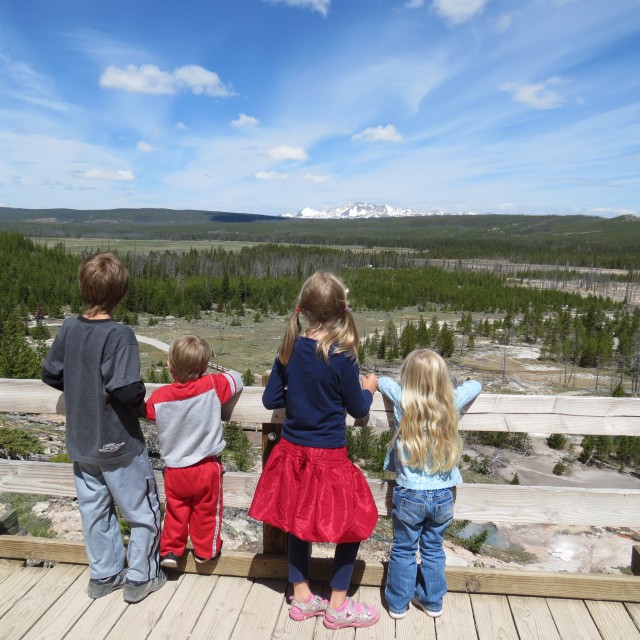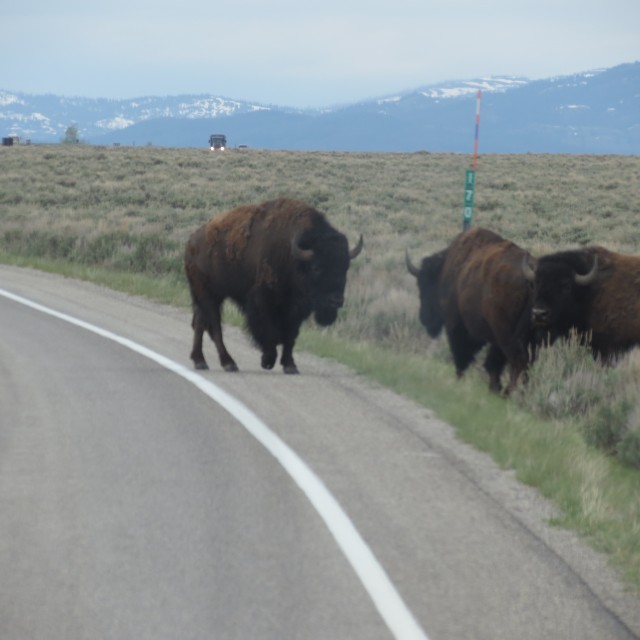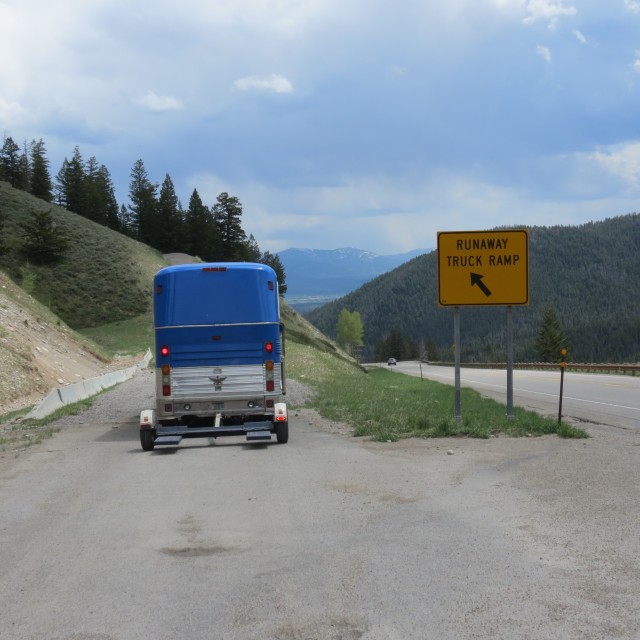You will want to give up.
When you’re not even that far from home and you’re already stuck in a ditch. When your sense of adventure slams up against the inevitable reality of bills and homesickness and costs you couldn’t have budgeted for.
You will want to give up. Don’t.
When your best work falls short and the words don’t flow right, you’ll think of your bed back at home. You’ll remember the comfort of predictability. The safety of not trying. The ease of a life in which nothing is at stake.
You will want to give up. Don’t.
When you realize that nothing is working out as you expected. When you start to wonder if adventure is just another word for irresponsibility. When you doubt everything that at one time seemed so clear – when you start to feel the need to conform to the expectations of everyone around you.
You will want to give up. Don’t
When your popcorn maker burns out. When you run out of Sour Skittles. When you get lost and one part of your adventure takes twice as long as it should. When you get sick and tired of emptying everyone else’s waste (literally and figuratively).
You will want to give up. Don’t.
When your brakes give out and you’re losing control of your life. When your electricity doesn’t work and you fall asleep in a cold, silent, simmering anger. When you drive all day and don’t find what you’re looking for.
You will want to give up. Don’t.
When previous failures push fear to the surface. When each and every hill makes you wonder if there’s a runaway truck ramp. When the kids won’t stop talking, or you and your spouse can’t stop fighting, or you start to wish there HADN’T been a runaway truck ramp.
You will want to give up. Don’t.
Because if you had given up before, you wouldn’t be where you are. You wouldn’t have what you have. You wouldn’t be who you have become.
So don’t give up now. Your future self will thank you for persevering.
The greatest adventure is what lies ahead.
Today and tomorrow are yet to be said.
The chances, the changes are all yours to make.
The mold of your life is in your hands to break.
– JRR Tolkien
* subscribe to my E-mail list to receive an extra post once a month, plus links to free stuff and updates on my more recent projects. Simply go to my home page and enter your email in the field at the bottom left.
* if you’ve read Building a Life Out of Words, I’d love for you to go to Amazon and write up a review. Click HERE to do that. What, no time for a review? Then follow that link and just click “Like.”



